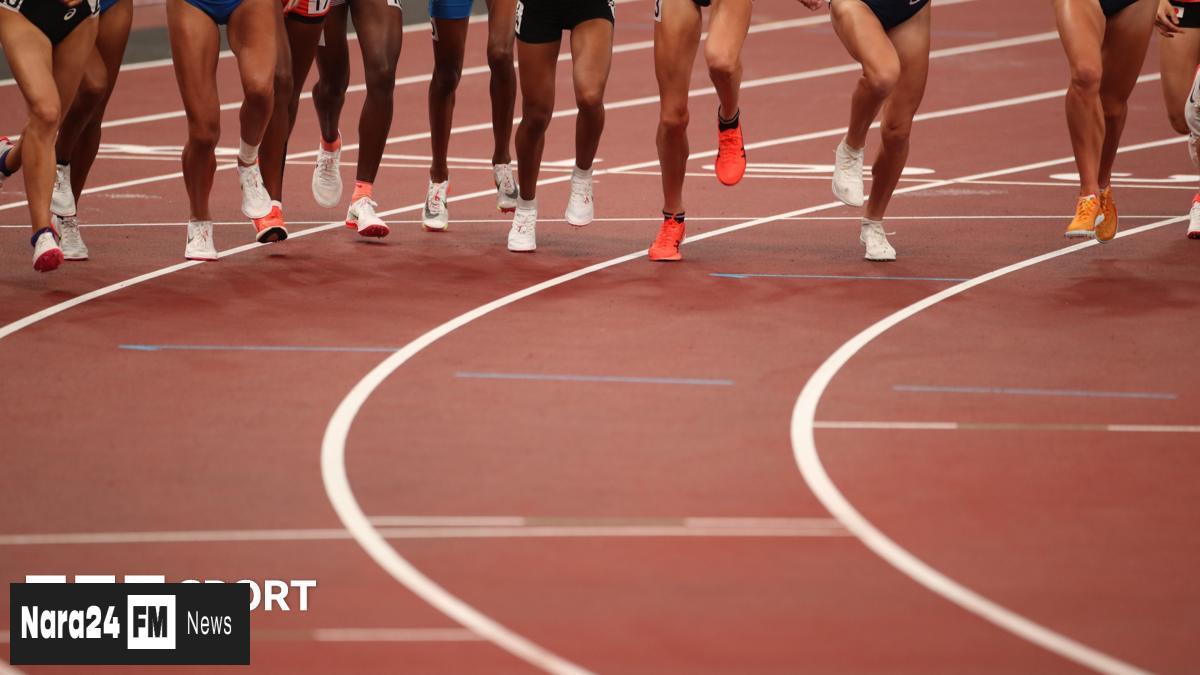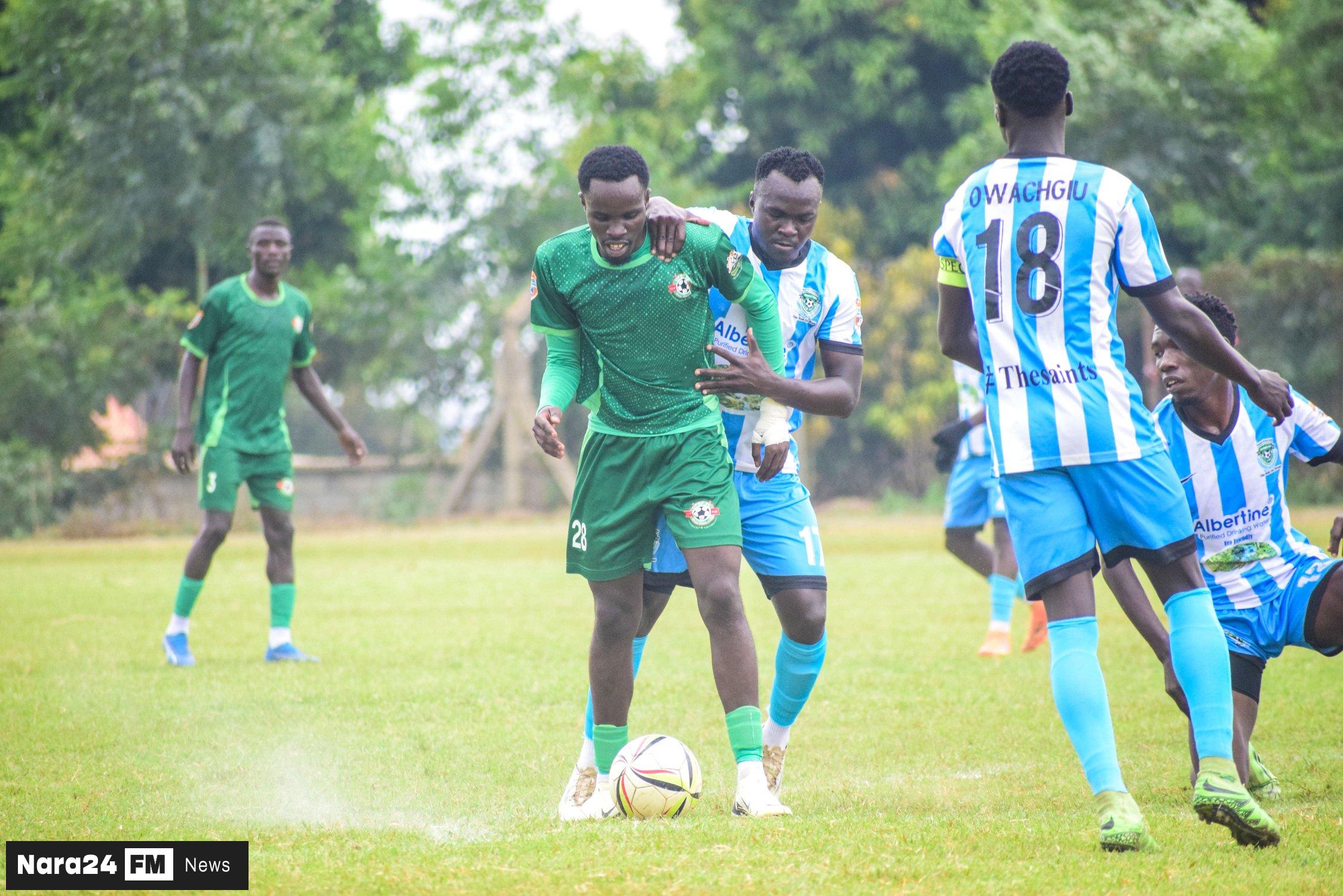In a significant move to regulateeligibility in the female category, World Athletics has announced the implementation of a mandatory one-time genetic test for athletes participating in world ranking competitions. The new policy, set to take effect on September 1, 2023, will be enforced during the World Athletics Championships in Tokyo, scheduled from September 13-21.
The test, targeting the SRY gene found on the Y chromosome, can be administered through a simple cheek swab or blood test. Athletes testing negative for the Y chromosome will be eligible to compete in the female category. Those with a positive result will have the option to participate in non-world ranking competitions in the female category or choose an alternative category.
World Athletics President Lord Coe emphasized the importance of ensuring a level playing field. "It is crucial in a sport that continually strives to attract more women that they enter a sport believing there is no biological glass ceiling," he stated. The governing body assures that the test is "extremely accurate" with minimal risk of false results.
This regulation is part of a broader effort to tighten eligibility criteria for transgender and difference of sex development (DSD) athletes. In March 2023, World Athletics banned transgender athletes who had gone through male puberty from competing in the female category in international events. Additionally, the governing body has recommended merging regulations for DSD and transgender athletes, citing evidence that testosterone suppression cannot fully mitigate male advantages in athletics.
The new policy follows a European Court of Human Rights ruling in July, which found that two-time Olympic gold medalist Caster Semenya had her right to a fair hearing violated by the Swiss Federal Supreme Court. Semenya, who has DSD, has been unable to compete in the 800m since 2019 due to World Athletics' testosterone level restrictions for certain track events.
World Boxing also approved the use of the SRY test in May, making mandatory sex testing a requirement for all athletes. The move by World Athletics is expected to spark further debate on inclusion and fairness in women's sports.








Comments (0)
Leave a Comment
Be the first to comment on this article!